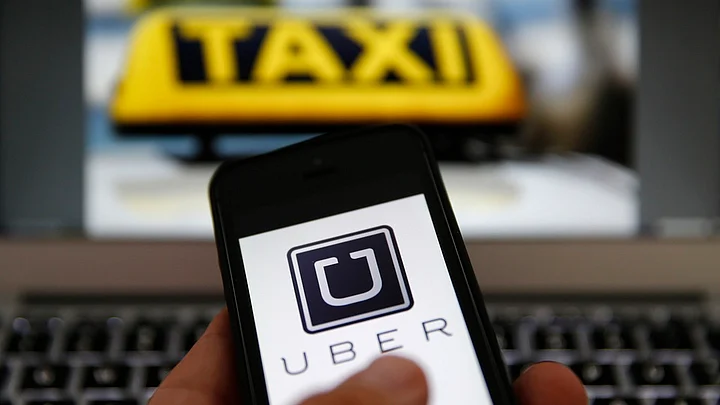In the national capital, drivers of black and yellow taxis have petitioned the Delhi High Court to force Uber and Ola to pay minimum wage to their drivers and provide benefits stipulated by the labour laws. Similarly in London, black-cab drivers have petitioned the local authorities to cancel Uber's licence unless it pays a minimum wage, plus benefits.
It might seem these drivers are trying to help their competitors, but are they? To understand what they are really trying to do, we must look back at the apartheid era.
The Apartheid Era
Before the apartheid era in South Africa, when there were few labour protections and laws, blacks had little difficulty finding employment. Blacks were unskilled, so they offered to work for wages lower than their white counterparts. As a result, employers had little reason to discriminate against blacks, and in fact preferred hiring blacks over whites.
How could white workers have dealt with this issue? The obvious way would have been to accept lower wages to compete with blacks in the labour market. The other approach was to get the government to legislate blacks out of employment. Therefore, labour unions composed entirely of white workers lobbied the government for a minimum wage law.
Given that whites were paid more than the minimum wage, why did they lobby for it? It was to eliminate competition from black workers.
And they did not even attempt to hide that fact. Gert Beetge, a racist and secretary of the Building Workers’ Union, said “There is no job reservation left in the building industry, and in the circumstances, I support the rate for the job (minimum wage) as the second-best way of protecting our white artisans.”
The South African Economic and Wage Commission also gave its valuable insight:
The method would be to fix a minimum rate for an occupation or craft so high that no native would be likely to be employed.South African Economic and Wage Commission
The economic principle behind this is very simple. If something becomes more expensive, people buy less of it. By artificially setting a wage rate higher than the market rate for blacks, the government created unemployment among black people.
Economist William Harold Hutt, in his book The Economics of the Colour Bar, blamed the minimum wage law as one of the main causes of injustice during the apartheid era.
In the United States, the Davis-Bacon Act was passed in 1931. The law required that all workers be paid the “prevailing” local wage, which was effectively decided by fully white labour unions, and higher than wages for blacks. Several lawmakers at the time spoke of “cheap coloured labour” competing with white labour. The law was again designed to remove blacks from the labour market.
History Repeats Itself
In London, taxi driver unions have been lobbying the local authorities to deny Uber a licence renewal, unless it pays its drivers a minimum wage and offers paid leave. Now why would people driving black-cabs want to ensure a higher pay for their competitors? It’s not because they care about Uber drivers.
They just want to make it too expensive for Uber to employ drivers in London, thereby eliminating competition from Uber. Then these drivers of black-cabs will have a monopoly as they did before, and can continue charging high prices to commuters.
The only difference is that the unions are not explicitly saying this, and have managed to fool a few Uber drivers into joining their cause. It is interesting to note that the black-cab drivers began calling for better working conditions for Uber drivers before Uber drivers themselves.
The same thing has been playing out in Delhi. The Delhi Commercial Drivers’ Union has petitioned the Delhi High Court demanding benefits under labour laws for Uber and Ola drivers. This essentially means fixed fares regardless of supply and demand. They also want the companies to keep paying drivers the bonuses that they were paying initially, and to raise the minimum fare.
The union, like its British counterparts, consists mostly of “black and yellow taxi” drivers. They are trying to eliminate competition by making Ola and Uber drivers too expensive to hire.
The court has yet to decide whether or not Uber and Ola drivers are employees. Currently, they are classified as independent contractors by the companies and are therefore outside the ambit of labour laws.
If the court declares them to be employees, Uber and Ola might have to raise fares, or stop operating altogether in Delhi. This will restore the “black and yellow taxi” monopoly.
Let us hope that the authorities in London and judges in the Delhi High Court see these petitions for what they really are; not solidarity with fellow drivers, but an attempt to eliminate competition and create a monopoly.
(Jairaj Devadiga is an economist who lives and works in Mumbai. His writings have been published by Newsweek, the Foundation for Economic Education, and the Mises Institute, among others.)
